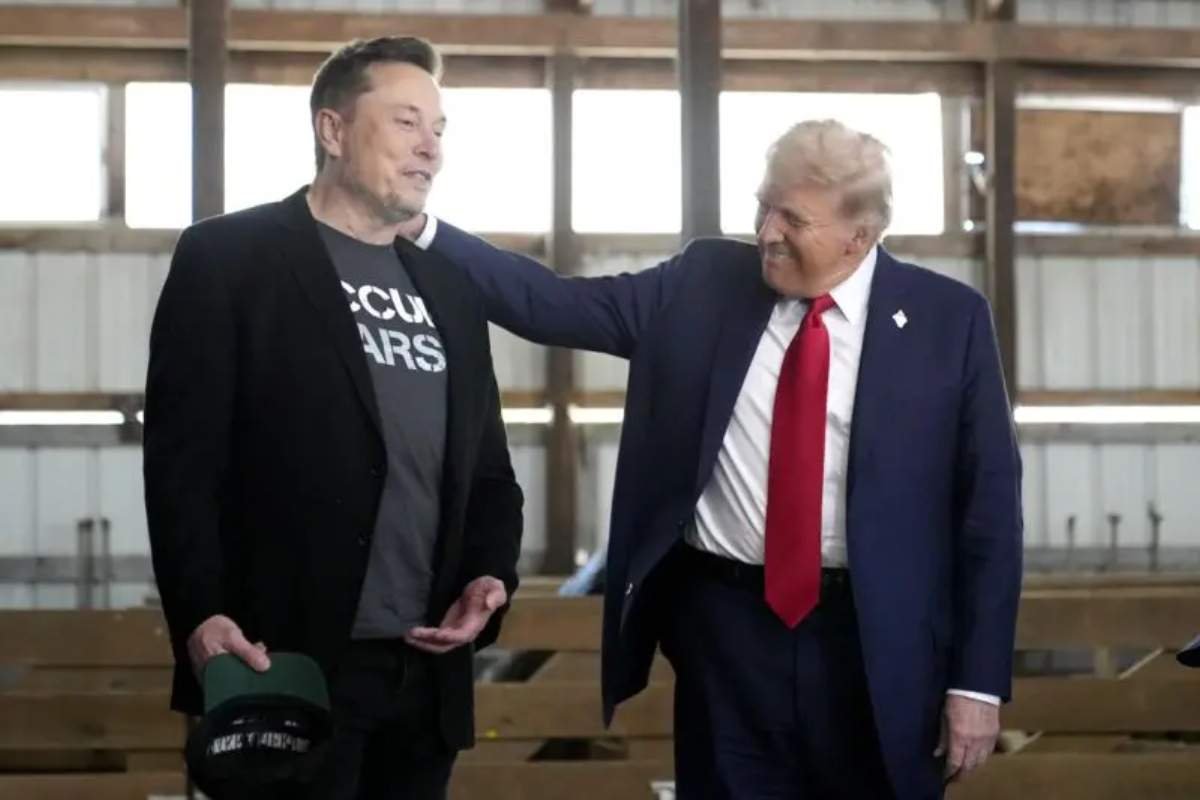Introduction to Proposed Policy Change
President-elect Donald Trump’s transition team is reportedly planning to eliminate the $7,500 consumer tax credit for electric vehicle (EV) purchases as part of broader tax-reform legislation. This significant change, if implemented, could have substantial effects on the U.S. electric vehicle transition, which is already facing challenges. Sources familiar with the discussions indicated that Tesla, the largest EV manufacturer in the country, has supported the idea of ending the subsidy. Tesla CEO Elon Musk, a prominent Trump supporter, previously stated that while the elimination might slightly impact Tesla’s sales, it would be far more damaging to its competitors, particularly legacy automakers like General Motors (GM).
Implications for EV Manufacturers and U.S. Auto Industry
The potential repeal of the EV tax credit, a central component of President Joe Biden’s Inflation Reduction Act (IRA), has sparked concerns across the automotive industry. The move is being considered by a transition team led by Harold Hamm, a billionaire oil magnate, and North Dakota Governor Doug Burgum, both of whom are known supporters of Trump’s energy policies. This group has been meeting since Trump’s election victory, including discussions held at his Mar-a-Lago estate.
The Alliance for Automotive Innovation, an influential group in the auto industry, has urged Congress to maintain the EV tax credits, highlighting their importance in securing the U.S. as a leader in future auto manufacturing. However, the Trump team sees the tax credit as an easy target, viewing its elimination as a policy change that would garner wide support in a Republican-controlled Congress. The cost savings from repealing the credit could potentially be used to offset the extension of tax cuts from Trump’s first term. Additionally, the transition team believes that some of Biden’s clean-energy policies, including the EV credit, will be difficult to undo because of their popularity in Republican-dominated states.
Tesla’s Position and Broader Industry Impact
While the proposed removal of the EV tax credit could harm competitors, Tesla is likely to fare better than other automakers. Tesla has historically been the biggest beneficiary of government EV subsidies, and Musk has suggested that the loss of the credit could benefit Tesla in the long term by making it harder for its competitors to compete on cost. Tesla, which currently dominates the U.S. EV market, is likely to be insulated from a sales hit due to its strong manufacturing capabilities.
In contrast, legacy automakers like GM, Ford, and Hyundai, which are still scaling up their EV production, would face significant setbacks without the consumer tax credit. These automakers are already struggling to reduce manufacturing costs and generate profits from EVs. Ford, for example, expects to lose billions on its EV operations this year and has relied heavily on the EV tax credit to spur consumer demand. Without the credit, these companies would find it even harder to compete in the rapidly growing EV market.
The United Auto Workers (UAW), representing workers at Detroit’s Big Three automakers, has been a vocal supporter of Biden’s pro-EV policies, including the $7,500 incentive. The union has warned that repealing the credit could jeopardize hundreds of thousands of auto industry jobs, further complicating the transition to electric vehicles in the U.S.










